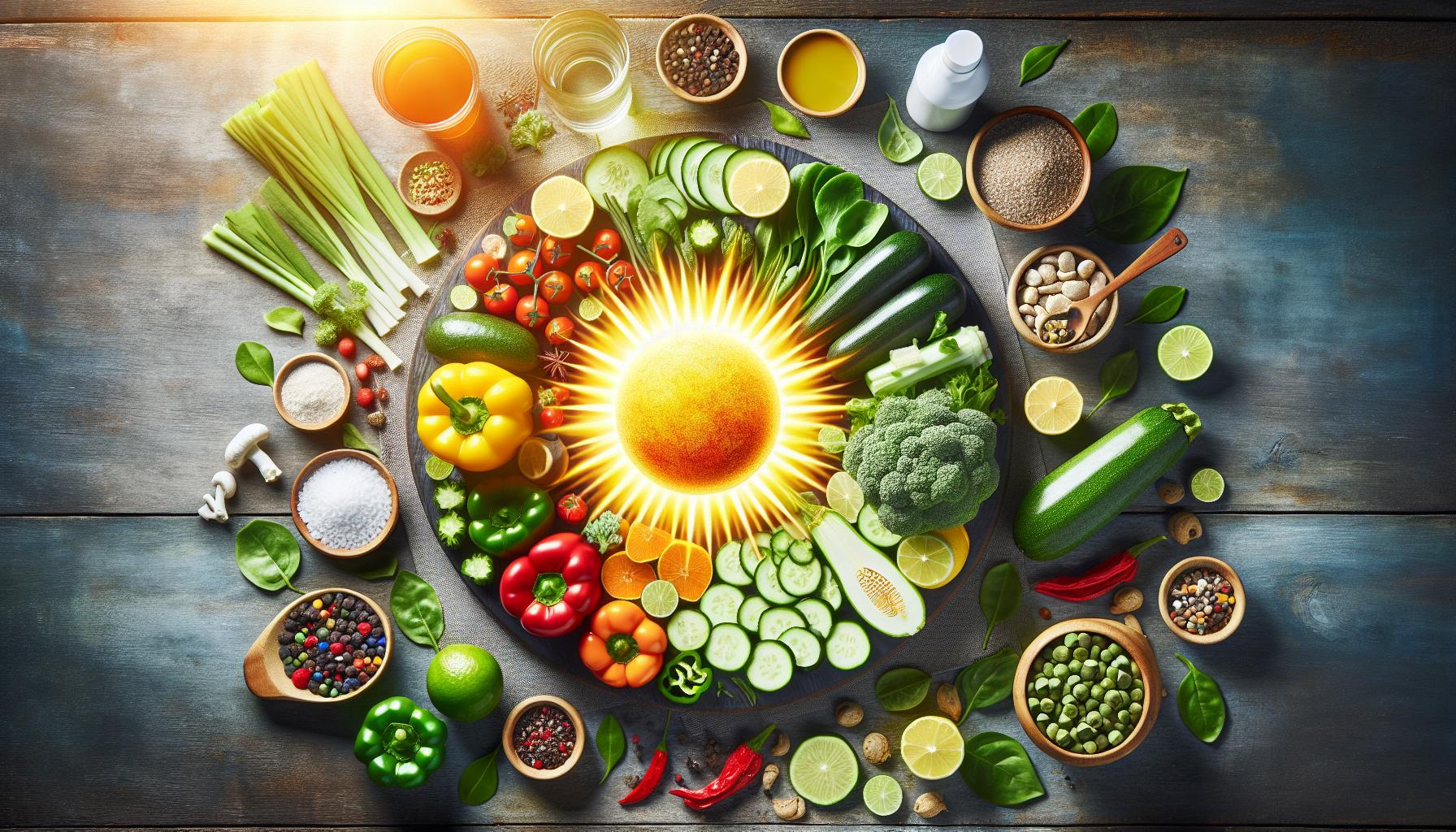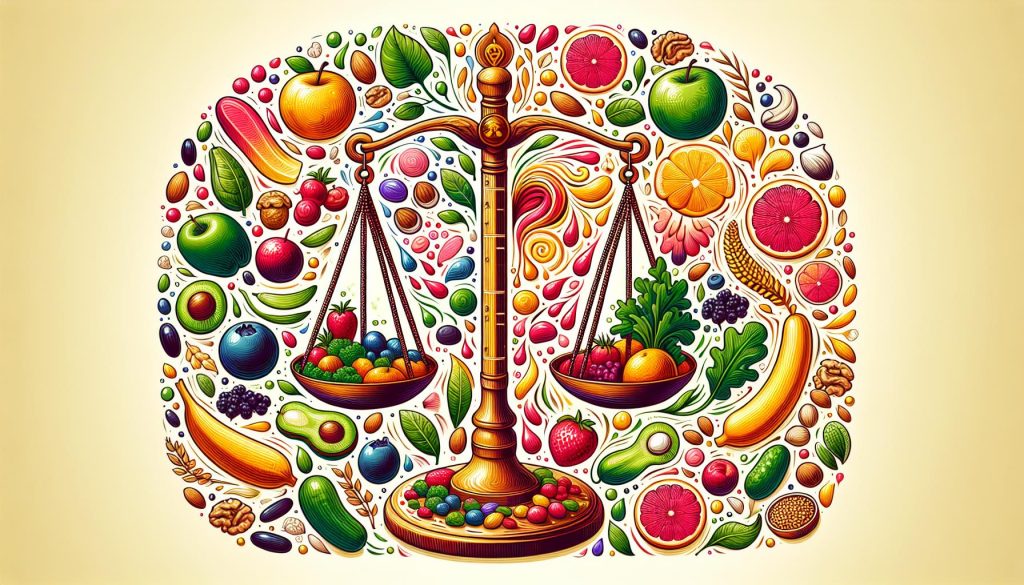
Introduction
“So, how exactly do I keep my energy up on a low calorie diet?” Great question! The simple answer, though it may sound like a paradox at first, is through strategic meal planning and accessory activities. Having a low calorie diet doesn’t necessarily have to translate into drained energy reserves. With the right balance of nutrients, sufficient hydration, and a splash of physical activity, your body can still beam with energy. Without further ado, let’s delve into this all-important topic.
Understanding Your Energy Needs
The axiom ‘we are what we eat’ holds true when it comes to energy production. In a nutshell, our body needs three macronutrients to run its internal machinery effectively – carbohydrates, fats, and proteins. Each has a specific role. Carbohydrates, our body’s primary energy source, provide immediate energy. Fats serve as a sustainable, slow-burning energy source and proteins, although not a primary source of energy, play a vital role in building and repairing tissues.
Nutrient Quality Matters
Not all carbohydrates, fats, or proteins are created equal. For instance, opting for complex carbohydrates like whole grains and vegetables as opposed to simple carbohydrates such as sugar and baked goods, could help maintain energy levels for longer. Similarly, healthy fats from sources like avocados and nuts, and lean proteins, are more beneficial to your body and help in maintaining steady energy levels.
Smart Meal Planning
Planning your meals the smart way is a salient step towards maintaining energy on a low calorie diet. Let’s delve into the crux of smart meal planning.
The Power of Portion Control
While going for nutrient-rich food items, also pay attention to portion size. A large portion of even the healthiest food can provide too many calories. While on a low calorie diet, it’s crucial to strike the right balance – eating satisfying portions that offer the right amount of nutrients without being excessive in calories.
The Role of Regular Exercise
Even though it might sound surprising, regular physical activity can actually boost your energy levels. How so? Well, as you work out, blood circulation improves and triggers the release of stress-relieving hormones, leaving you more energetic post-workout.
Stay Active, Stay Energized
Regular physical activity helps improve your metabolic health and efficiency, potentially leading to an increase in energy levels. From simple daily activities like walking or taking the stairs to regular gym workouts, these can help maintain your spirits and vitality high even on a low calorie diet!
Hydration and Energy Levels
Lastly, let’s not forget about hydration. Water is a key player in virtually all vital processes within the body. Ensuring adequate hydration can help prevent sluggishness associated with dehydration.
Sip Your Way to Energy
Drink adequate amounts of water or other low calorie, hydrating beverages to keep fatigue at bay. One handy tip is to always carry a water bottle with you and refill it regularly throughout your day.
Conclusion
Surviving and thriving on a low calorie diet, while keeping your energy levels buoyant, isn’t as elusive as it may seem. The answer lies in making smarter food choices, practicing portion control, pursuing regular exercise, and staying hydrated. All these elements, once synchronized, you can master the art of managing your low-calorie diet and high-energy quota.
Frequently Asked Questions
1. Can I eat as much as I want as long as it’s healthy food?
Even healthy foods have calories. Portion control is key. Even a large portion of the healthiest food can result in excess calorie intake.
2. How can exercise boost energy levels while on a low calorie diet?
Regular physical activity enhances your metabolic health and efficiency, leading to an increase in energy levels.
3. Are all fats bad for a low calorie diet?
Not all fats are created equal. Healthy fats, like those found in avocados and nuts, provide much-needed energy and should be an integral part of a balanced diet.
4. Can dehydration affect my energy levels?
Yes, dehydration can lead to sluggishness and fatigue. Therefore, staying hydrated is crucial for maintaining energy levels.
5. Is protein important in a low calorie diet?
Yes, while not a primary source of energy, protein plays a key role in tissue repair and maintenance, and it helps support a feeling of fullness and satisfaction.



